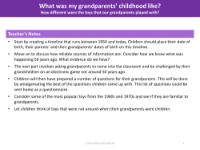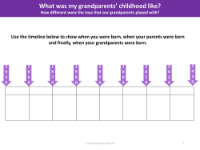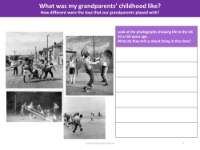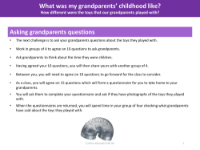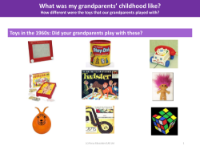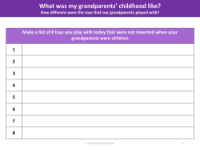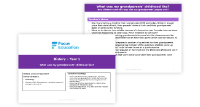How reliable are different types of information?
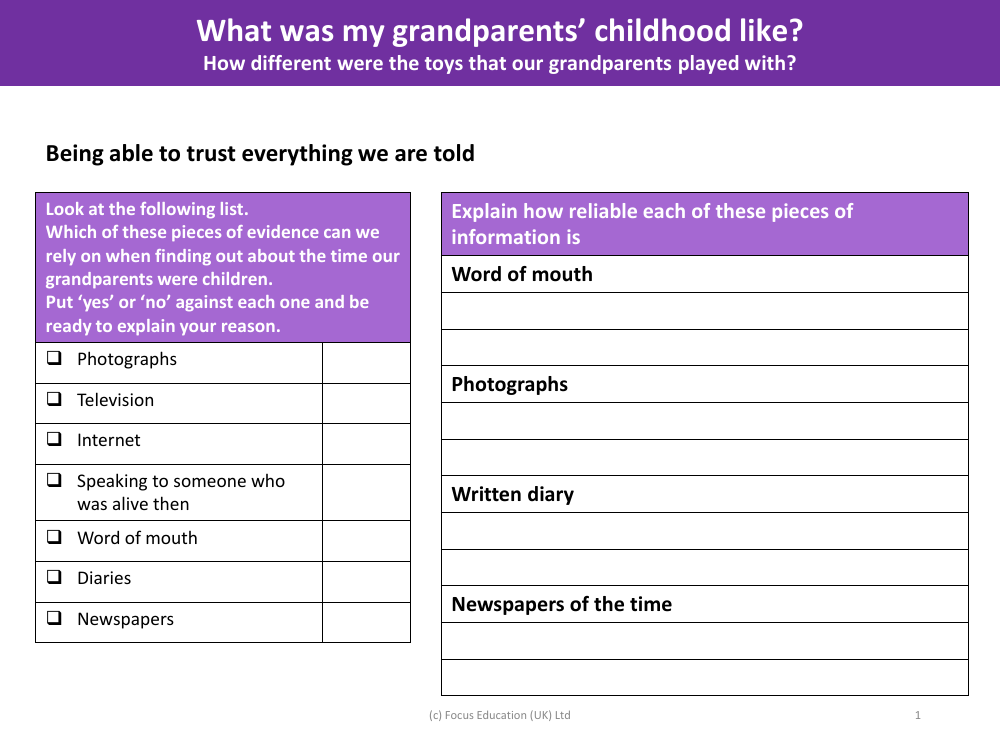
History Resource Description
The reliability of different types of information can vary significantly, and when investigating the time of our grandparents' childhood, it's important to consider the source and context of the evidence. Speaking directly to someone who was alive during that time is generally considered reliable, as they can provide first-hand accounts of their experiences. However, memories can be affected by time and personal bias. Diaries offer a contemporaneous record of daily life and can be very reliable, but again, they are subject to the author's perspective and potential inaccuracies.
Photographs from the era are valuable visual records that can reliably show aspects of the time, such as clothing, transport, and environment, but they can't always convey the full context or experiences of the subjects. Newspapers of the time can provide insights into significant events and societal norms, but they may also reflect the biases of the period or the publication's editorial stance. Word of mouth can be less reliable due to the potential for stories to change as they are passed on. The television and internet offer a wealth of information, but their reliability depends on the credibility of the source and whether the content has been fact-checked or is a dramatisation or interpretation of past events. When considering how different toys were from those of today, these sources can all provide pieces of the puzzle, but cross-referencing and critical analysis are key to forming a reliable understanding of our grandparents' childhood.

